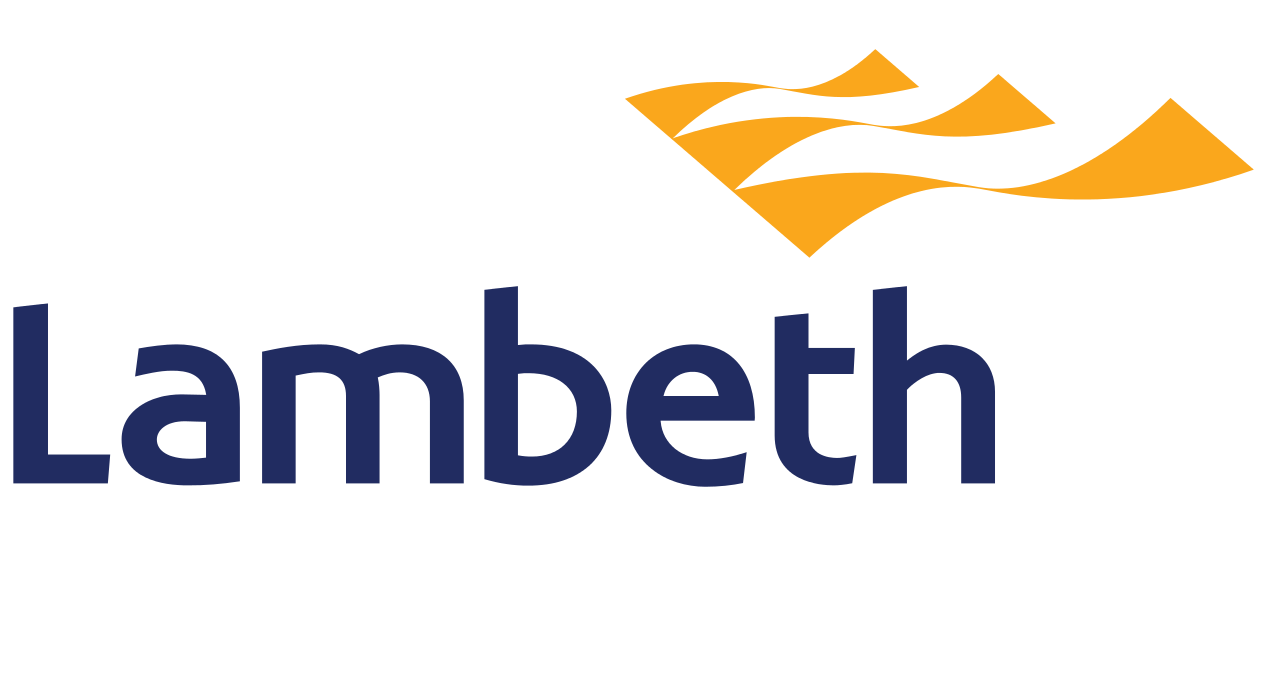
BJS Federation SEND Newsletter
May 2024

What is ADHD?
Welcome to our nineth edition of our Special Educational Needs and Disabilities (SEND) newsletter. This month we focus on ADHD, what it is and how this largely genetic condition can present in school and the challenges this can bring our pupils. I'll also share what support looks like across the Federation. Children who have diagnosed and undiagnosed ADHD benefit from the strategies used across the schools, such as zones of regulation we have focused on in previous newsletters.
Thank you to those parents who responded to my survey on the previous newsletter, please take a couple of minutes to share your thoughts with me by clicking on the link near the bottom of the newsletter.
Best wishes
Kathryn Congdon
Is every child with ADHD the same?
No, ADHD is a spectrum of traits and there are many variables and complexities. Some people like to describe children with ADHD as having a “mild” or “moderate” or “severe” presentation. This is quite unhelpful and doesn’t explain the variety that we can see between different children with ADHD, for example, one child can be very inattentive and not listen to the teacher explaining a task and then
cannot start, whereas another child may have listened and understood the task but then find it difficult to plan and organise their work and so not complete the task successfully.
Every child is made up of different abilities, both strengths and challenges. We all have innate abilities and we all find some tasks and activities more difficult than others. Our abilities are the result of a combination of our genes, our experiences in childhood and what we have learned so far in our lives.
Hence, every child is different. Our brain is as unique as our fingerprint.
Understanding and supporting my child's ADHD
The ADHD foundation has a huge library of leaflets supporting children and parents from early years up to young adults. I've attached a couple that may be of interest to you.
Makaton
This week and next we consolidate and embed the symbols we have learnt earlier in the year.
The Inclusion Team
Mrs Jenkins
Assistant Head
Jessop Primary School
Mrs Fraga
Assistant Headteacher for Inclusion
Stockwell Primary School
Mr Connelly
Senior Assistant Headteacher for Inclusion
Bonneville Primary School
Autism Voice coffee mornings
Thank you to those of you who attended the Autism voice coffee mornings. I'm sure we all learnt a lot from Mariama and Nic both from the perspective of autistic women and as the parents of autistic children. The final coffee morning will be held at Bonneville this week and we look forward to welcoming you then, every body is welcome. For more information visit autismvoice.co.uk
Austism Voice coffee morning
Thursday, May 9, 2024, 09:00 AM
Bonneville Primary School, Bonneville Gardens, London, UK
Transition coffee mornings will be held in July- dates to follow.
Inspirational Para Olympians
As the excitement builds towards the Olympics and Para Olympics this summer in Paris, we will focus on some of the athletes that will be competing at the games and hoping to bring home gold medals.
Reece Dunn is Autistic and joined the British Para-Swimming set up in 2019, since then he has established himself as one of the greats with a trio of World Para swimming championship titles and four world records. Making his debut at the Tokyo Paralympics, he became GB's most decorated athlete of the games!
He was named world disabled swimmer in 2019. In 2022 he was awarded an MBE for services to swimming.
We wait with baited breath to see how he performs this summer in Paris!
What should I do if I think my child has a special educational need?
The first point of contact should always be your child's class teacher, please always discuss your concerns with them before contacting a member of the inclusion team. The teachers and support staff who work with your children really value the relationships they have with their classes and are in the strongest position to speak to you about how your child is getting on at school.










